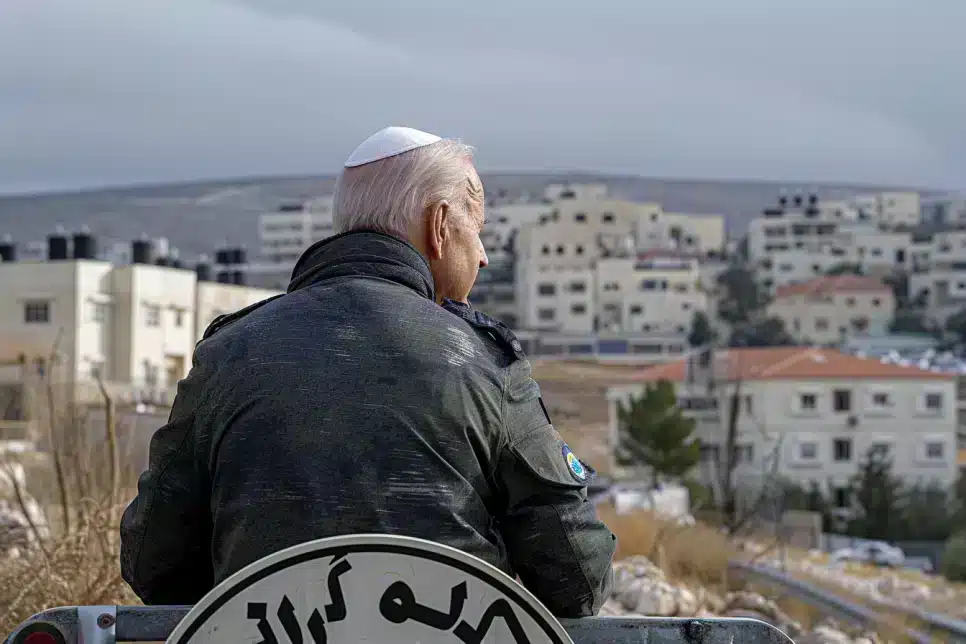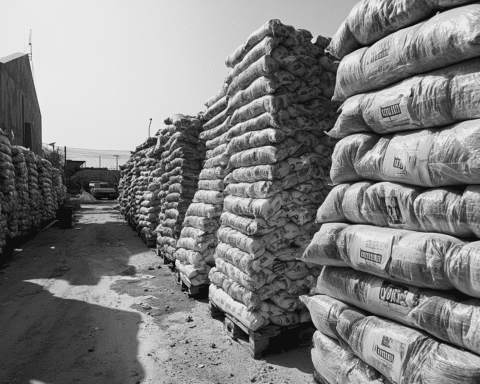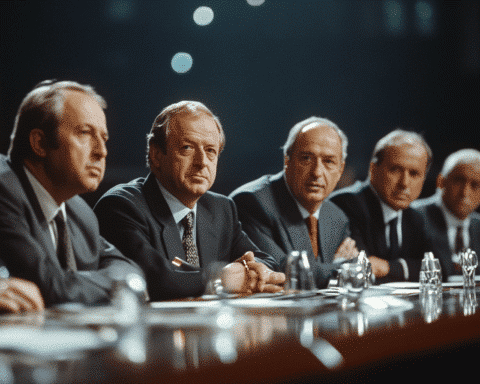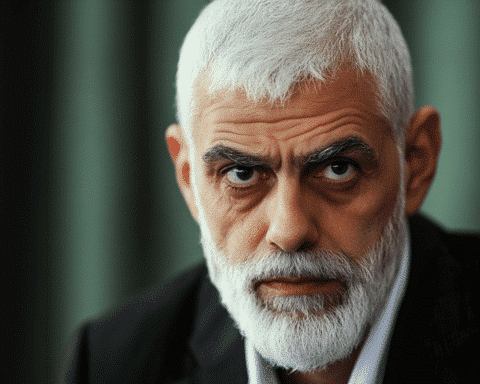The recent surge in violence between Israeli settlers and Palestinians in the occupied West Bank has drawn severe criticism from the United Nations. A statement released on Tuesday by the U.N. human rights office urgently called on Israeli security forces to cease their participation and support for these attacks following the distressing aftermath of the murder of a 14-year-old Israeli boy by militants, which ignited a wave of reprisal attacks on Palestinian towns and villages. This violence is just one of the many incidents contributing to rising tensions across the region, highlighted by the recent substantial military strikes and political gestures aimed at reducing further conflict.
Global leaders and organizations are stepping in as the conflict expands, urging moderation and seeking peaceful solutions. The UN statement specifically condemned the ongoing settler violence, which included not just assaults but also arson attacks, destroying Palestinian homes and properties. “Israel, as the occupying power, must take all measures in its power to restore and ensure, as far as possible, public order and safety in the occupied West Bank,” the statement asserted, pointing out the dire need for governance and protection for all people in the tumultuous region.
The unfolding situation in the Middle East also includes significant military and political escalations such as Iran’s unprecedented drone and missile attacks on Israel, extensive calls for ceasefires from nations like Pakistan and Saudi Arabia, and international moves towards humanitarian aid deliveries. Amidst these developments, civilian casualties continue to mount, with the death toll in Gaza surpassing 33,800, according to local health officials, emphasizing the human cost of the conflict and the urgent need for effective international intervention.
The Middle East stands at a critical juncture, with the potential for either intensified conflict or a path toward resolution. The international community’s role in mediating and providing aid is crucial, as is the immediate need for all parties to engage in dialogue and refrain from further violence. As tensions rise, the world watches, hoping for de-escalation and a concerted effort to address the underlying issues that have long fueled regional conflicts.




